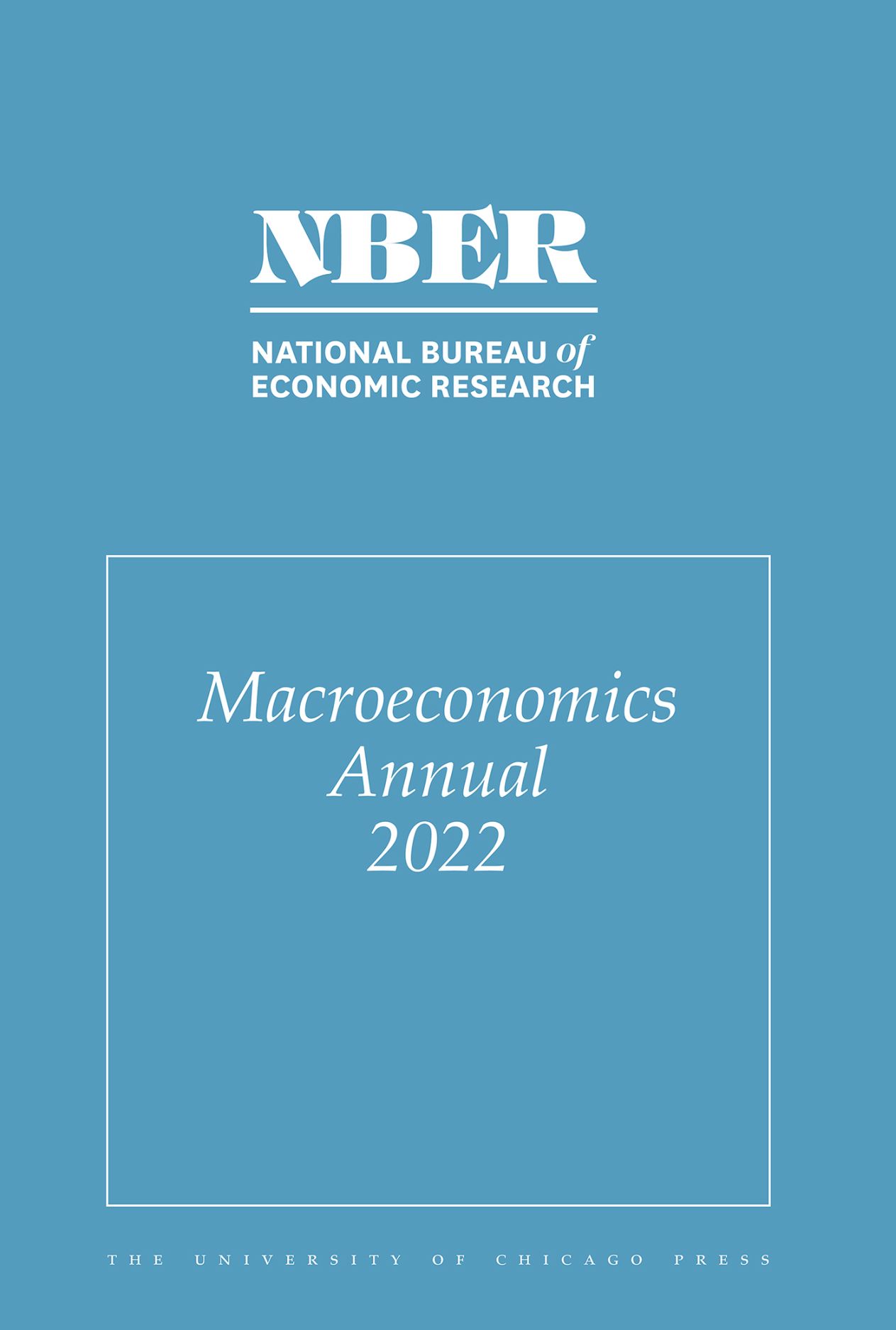Comment
IF 10.7
1区 经济学
Q1 ECONOMICS
引用次数: 0
Abstract
Aside from giving us a terrific title, Eisfeldt, Falato, and Xiaolan have written an important andprovocative paper. Theydemonstrate amastery of accounting intricacies and deftly deploy this knowledge to motivate compelling reduced-form empirical analysis and transparent structural estimation. The basic premise of the paper is straightforward: stock-based compensation has increased in importance over time, and its measurement in the national accounts has not kept up. Accordingly, we are missing a large and increasing share of labor income in the national accounts. Thismissing labor income implicates a panoply of central questions in contemporary economics. Among the key results, correcting for thismischaracterized income accounts for one-third of the labor share decline in manufacturing and all of the decline for nonproduction workers. In the structural estimation, this correction recovers the complementarity of skill and capital, explored in Krusell et al. (2000) and a rich subsequent literature. In addition, themodel-implied estimates point toward substitution between wages and stock-based compensation; in other words, this compensation is better thought of as a component of the marginal product of labor rather than bargaining rents. These are important and fascinating results. I see the paper as a major contribution with ample room for follow-on work. My comments will focus on (i) drawing some connections between these findings and other patterns in the data, (ii) providing additional data and calculations to support the basic premise of the paper, and (iii) using the paper’s results to reinterpret other puzzles. In short, I see the paper as being even better than the authors do and congratulate them on this contribution.评论
Eisfeldt、Falato和Xiaolan除了给我们一个很棒的标题外,还写了一篇重要的、有进步的论文。他们展示了大量复杂的会计知识,并巧妙地运用这些知识来激励令人信服的简化形式实证分析和透明的结构估计。本文的基本前提很简单:股票薪酬的重要性随着时间的推移而增加,其在国民账户中的计量也没有跟上。因此,我们在国民账户中遗漏了大量且不断增加的劳动力收入份额。这种缺失的劳动收入隐含着当代经济学的一系列核心问题。在关键结果中,纠正这种错误描述的收入占制造业劳动力份额下降的三分之一,占非生产性工人的全部下降。在结构估计中,这种修正恢复了技能和资本的互补性,Krusell等人(2000)和随后的丰富文献对此进行了探讨。此外,模型隐含估计指向工资和股票薪酬之间的替代;换言之,这种补偿最好被视为劳动力边际产品的一部分,而不是讨价还价的租金。这些都是重要而迷人的结果。我认为该文件是一项重大贡献,有足够的空间进行后续工作。我的评论将集中在(i)在这些发现和数据中的其他模式之间建立一些联系,(ii)提供额外的数据和计算来支持论文的基本前提,以及(iii)利用论文的结果来重新解释其他谜题。简言之,我认为这篇论文比作者做得更好,并祝贺他们的贡献。
本文章由计算机程序翻译,如有差异,请以英文原文为准。
求助全文
约1分钟内获得全文
求助全文
来源期刊

Nber Macroeconomics Annual
ECONOMICS-
CiteScore
5.10
自引率
0.00%
发文量
23
期刊介绍:
The Nber Macroeconomics Annual provides a forum for important debates in contemporary macroeconomics and major developments in the theory of macroeconomic analysis and policy that include leading economists from a variety of fields.
 求助内容:
求助内容: 应助结果提醒方式:
应助结果提醒方式:


